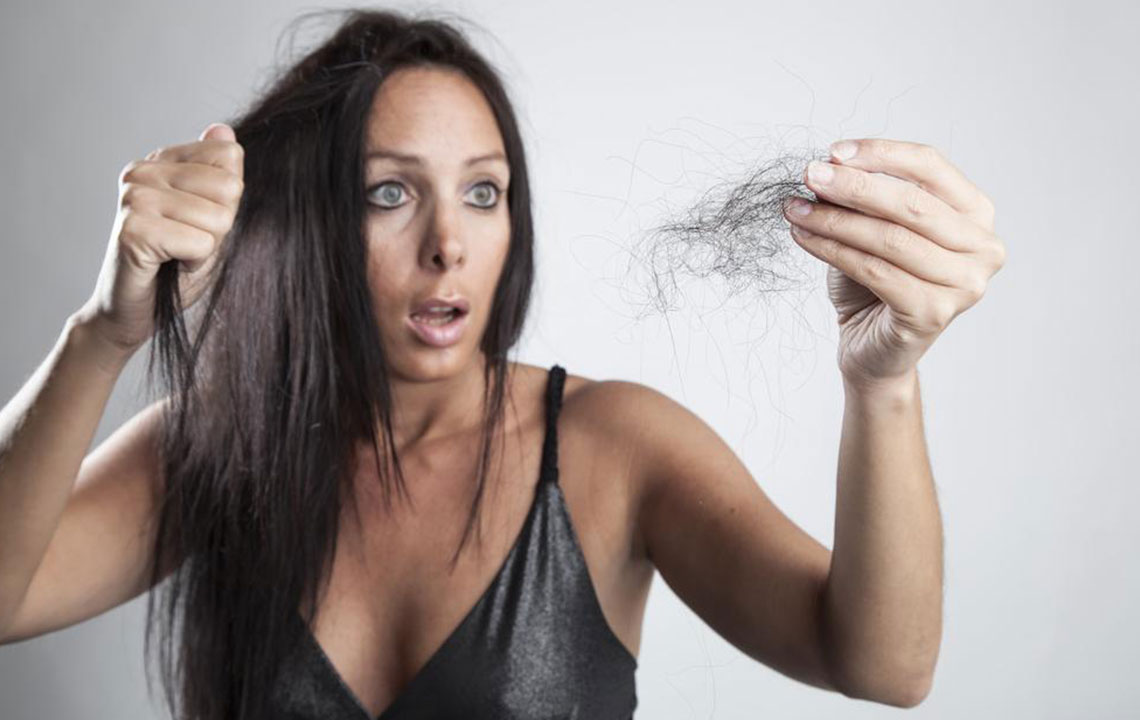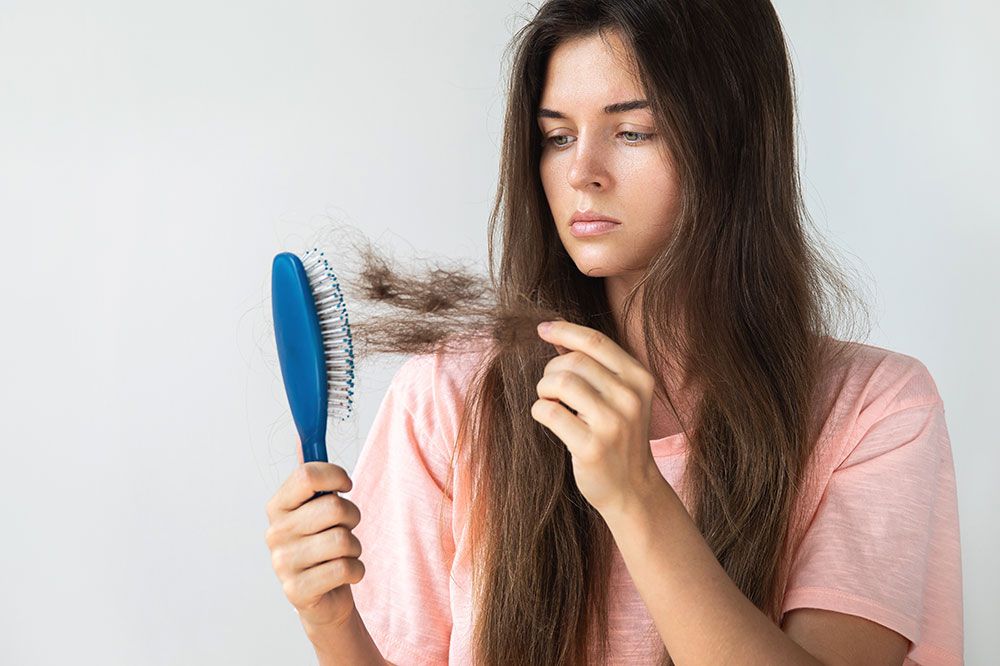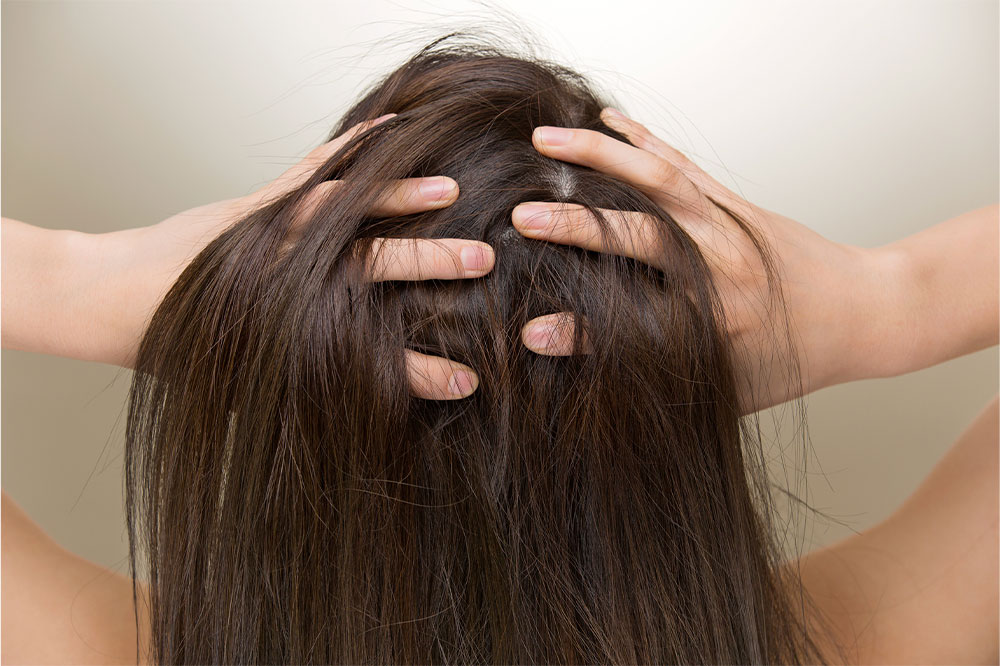Suffering from hair loss? Know how hair falls and regrows
Hair is an important aspect of your physical appearance and hair loss can affect your confidence and interpersonal relationships. While men who lose hair early on are considered older and less attractive, women face far bigger hurdles in the form of low self-esteem. A lot of advancements have been made in the field of hair care, and this has resulted in breakthrough procedures which not only promise hair regrowth but also help in preventing hair loss.

Why does hair fall?
Hair is present everywhere on our body except on the palms and soles of our feet. Hair is made up of a protein called keratin. As new hair cells are produced, old cells are pushed out. So, the hair that you see is dead hair cells. While finding a few strands in your hair brush is normal (about 100 per day), losing too much hair every day can be a cause for concern. Hair regrowth happens automatically when a hair follicle has completed a full life cycle. The hair life cycle is as follows:
- Anagen: This is the phase when hair growth is at its peak, and it lasts for 2- 6 years
- Catagen: This is referred to as a temporary or transitional phase where the hair regrowth goes on for 2-3 weeks.
- Telogen: This is the resting phase for hair, and typically at the end of the resting phase, hair is shed, and a new follicle is replaced when the process begins again.
Hair regrowth
The best way to ensure hair regrowth and maintain a healthy shine is to nourish your body with essential vitamins and minerals. While hair regrowth happens naturally for everyone, problems arise when regrowth stops due to infections, or growth of unhealthy hair due to hair follicles not being replaced. This results in more hair being shed and not being replaced by new hair strands.
When the natural way does not work, seek help of professionals who can provide solutions to these problems through medication or surgery.




